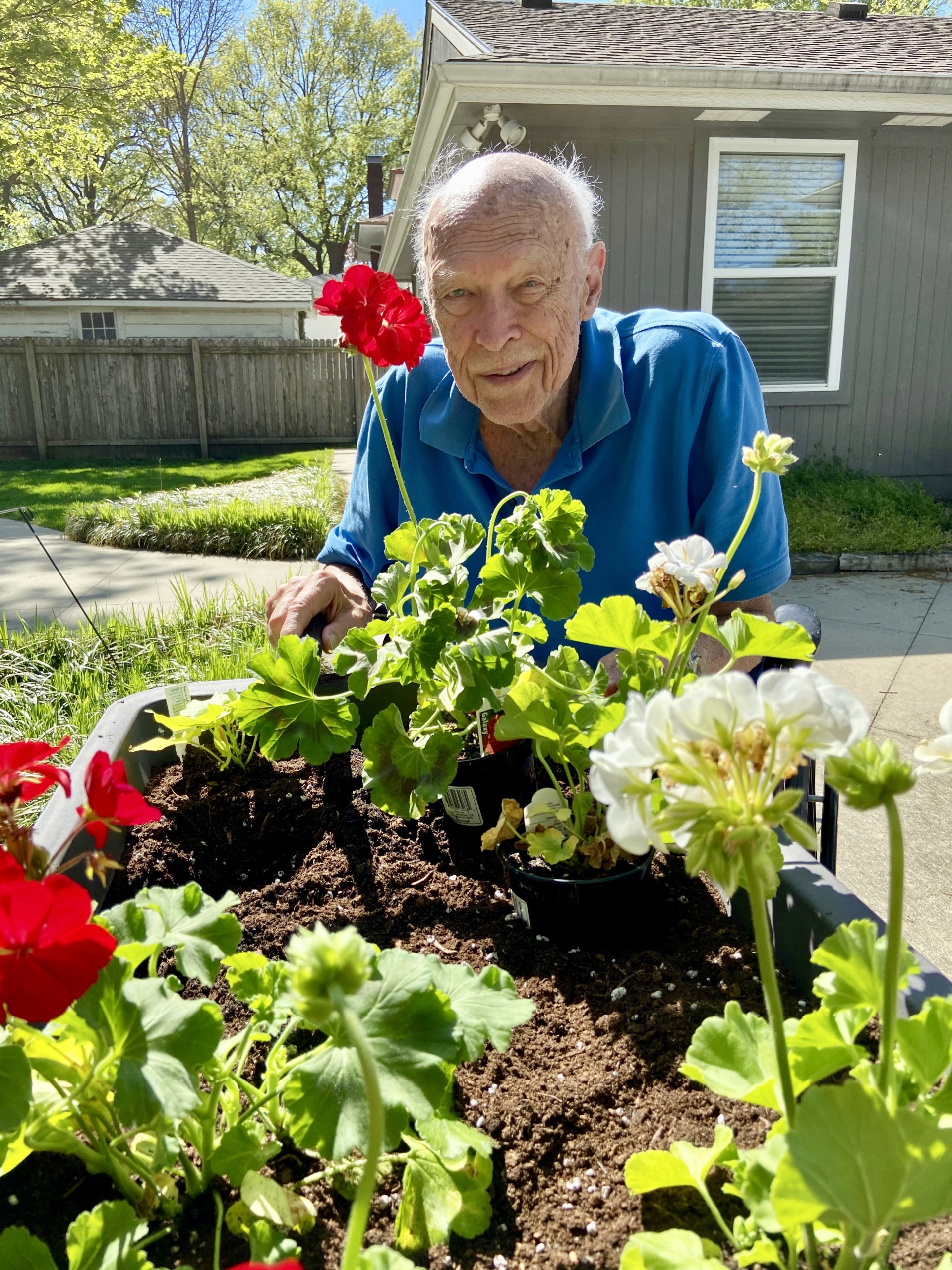Premier Charlotte Memory Care: Specialized Senior Citizen Care Solutions
Premier Charlotte Memory Care: Specialized Senior Citizen Care Solutions
Blog Article
Creating a Safe and Helpful Atmosphere: In-Home Memory Treatment Fundamentals
Establishing a caring and safe and secure environment for individuals needing in-home memory treatment is critical to their well-being and lifestyle. From guaranteeing safety within the living space to using effective interaction methods and carrying out memory-friendly style elements, there are vital parts that add to an alternative treatment approach. By focusing on developing an encouraging ecosystem that caters to the unique requirements of those with memory problems, caregivers can substantially enhance the daily experiences of their loved ones.

Safe Living Environment
When giving at home memory care for people with cognitive problems,Producing a hazard-free and secure living atmosphere is vital. Making sure the safety and security of the individual with amnesia is essential to stop mishaps and promote a sense of health. One vital element of producing a safe living setting is to eliminate any type of potential dangers that could result in slips, trips, or falls. This includes safeguarding loosened rugs, guaranteeing adequate illumination in all areas of the home, and maintaining pathways free from clutter.
In addition, utilizing innovation such as activity sensors and alarms can signal caretakers if the individual wanders or is in distress. By prioritizing security measures and getting rid of prospective hazards, caretakers can provide a supportive and safe and secure setting for individuals with cognitive disabilities getting in-home memory care.
Efficient Communication Strategies
Carrying out tailored communication methods is essential in fostering purposeful communications with individuals with cognitive problems in the context of at home memory treatment. Effective communication plays a vital function in developing a helpful setting that improves the well-being and top quality of life for individuals with memory concerns. When connecting with someone experiencing cognitive decrease, it is essential to make use of clear and easy language, keep a calmness and positive tone, and give aesthetic signs to aid comprehension.
One secret strategy is to practice active listening, revealing empathy, persistence, and regard throughout conversations. Non-verbal hints such as facial expressions and body language can also assist share understanding and assistance. In addition, using memory treatment by going over past experiences or utilizing music and art can use lasting memories, triggering links and boosting engagement.
Additionally, incorporating regular routines and consistent interaction patterns can offer a feeling of experience and safety for people with memory disabilities. By applying these interaction strategies, caregivers can develop purposeful connections and advertise a feeling of convenience and depend on in the in-home memory care setup.
Memory-Friendly Design
Provided the relevance of developing a supportive setting for people with memory problems through efficient interaction approaches, the unification of memory-friendly design aspects in the living space becomes vital in maximizing their daily experiences and general well-being. Memory-friendly style concentrates on improving safety, convenience, and self-reliance for individuals with cognitive problems. Straightforward adjustments can make a significant distinction, such as utilizing contrasting shades to boost exposure and minimize confusion, incorporating clear signs to help navigating, and minimizing mess to avoid sensory overload.
Integrating acquainted aspects from the individual's past, such as preferred things or individual images, can evoke favorable memories and develop a sense of familiarity. By integrating these memory-friendly layout elements, caregivers can offer a safe and helpful living space that allows people with memory issues to keep their independence and top quality of life. Charlotte Memory Care.
Daily Routine Planning
When establishing a day-to-day routine for people with memory concerns, cautious planning is essential to sustain their cognitive feature and general wellness. Establishing an organized schedule can aid decrease confusion, disorientation, and stress and anxiety frequently experienced by those with memory problems.
It is important to permit sufficient time for every activity, lessening the need to rush and staying clear of potential disappointment. Simple tasks like dish times, individual care, medicine administration, and exercise should be integrated right into the regimen. In addition, including normal periods of rest and relaxation can stop fatigue and agitation. Adaptability is crucial, as some days might call for adjustments based on the individual's state of mind and power degrees. Frequently reviewing and adjusting the day-to-day schedule will certainly aid ensure its effectiveness in promoting a positive and reassuring setting for individuals with memory obstacles.
Support System Implementation
Developing a durable network of helpful see page individuals plays a crucial duty in boosting the high quality of care and well-being for people needing memory assistance. Family members, pals, healthcare professionals, and area resources can all contribute to creating a solid assistance system. Communication amongst these people is essential to ensure that the demands of the private with memory challenges are fulfilled successfully.
Family participants are typically the primary caretakers and form the foundation of the support group. They give day-to-day care, psychological assistance, and companionship. When needed to avoid fatigue and guarantee the best feasible treatment for their enjoyed one., it is important for you can check here household members to seek help and reprieve.
In enhancement to household support, including medical care professionals such as registered nurses, specialists, and doctors can supply specialized treatment and advice. These professionals can offer useful understandings, medical guidance, and help in handling the person's problem.

Verdict
Finally, developing a secure and encouraging atmosphere for people with memory care demands is essential for their well-being. By establishing a secure living setting, making use of efficient interaction strategies, including memory-friendly layout components, preparing everyday routines, and implementing a solid assistance system, caregivers can aid boost the lifestyle for those with memory loss. These important parts interact to produce a nurturing and empowering setting that advertises self-reliance and enhances total lifestyle.
Creating a hazard-free and safe and secure living atmosphere is vital when providing in-home memory treatment for individuals with cognitive impairments. By focusing on security actions and getting rid of prospective hazards, caretakers can provide a supportive and secure atmosphere for individuals with cognitive disabilities receiving at home memory care.
Developing a robust network of encouraging individuals plays a crucial role in boosting the quality of treatment and well-being for this website people requiring memory assistance - Charlotte Memory Care. Communication among these people is vital to ensure that the requirements of the specific with memory difficulties are fulfilled effectively

Report this page